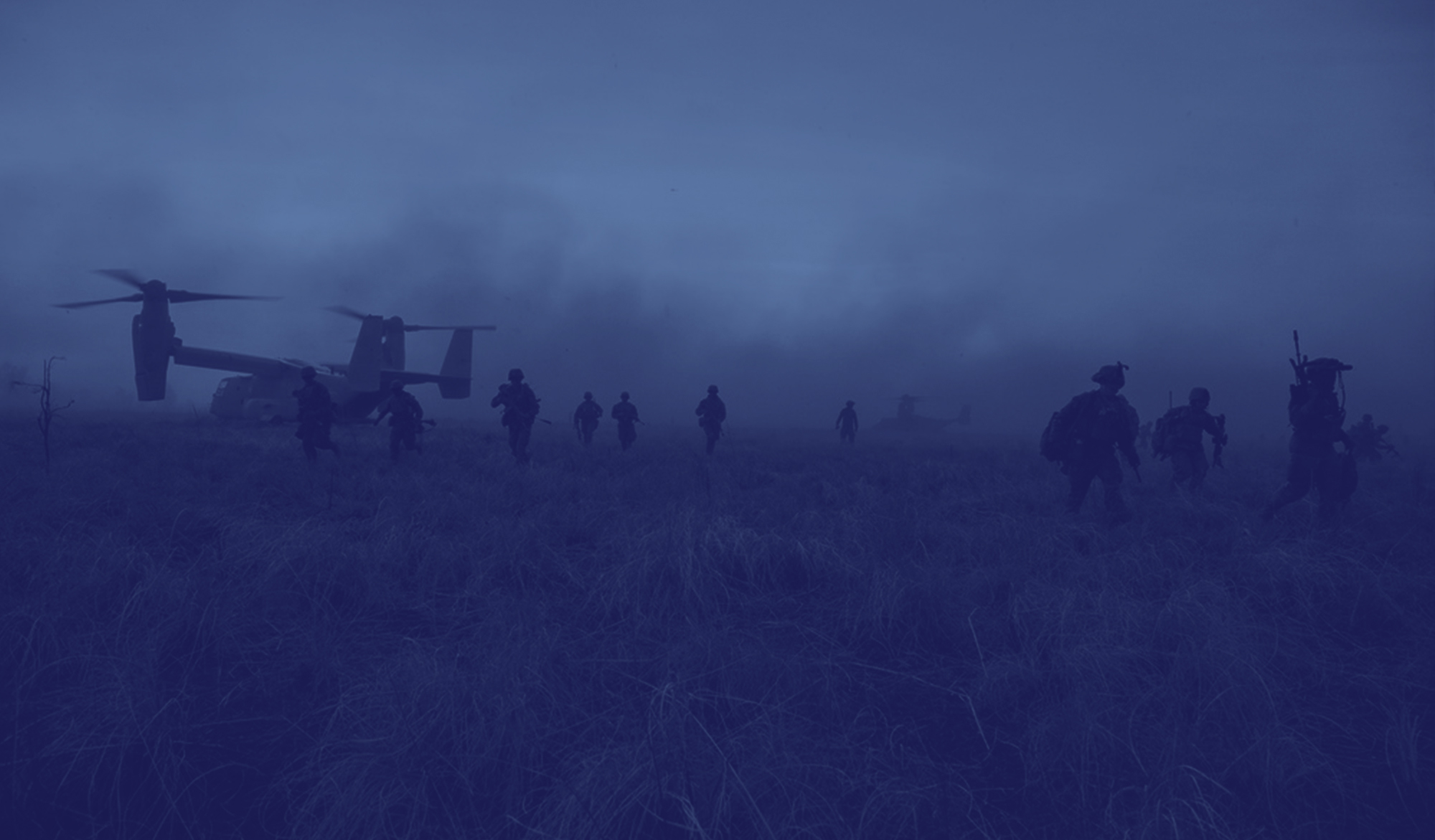GIRARD – Although it was her day off, Betty “B.J.” Lintela happened to be at the American Consolate in Karachi, Pakistan, finishing up some paperwork.
That was in November 1979, not long after Iranian militants stormed the U.S. Embassy in Tehran Nov. 4 and took some 70 Americans captive.
The young Marine, whose job it was to guard the consolate, didn’t hesitate when her supervisor told her to get to the roof. From there, Lintela did what she was trained to do by carrying out her responsibilities as a U.S. Marine Corps security guard, defending her post as it was being attacked by Pakistanis.
”There I was in civilian clothes and everything, just taking care of some things I needed to do, and the next thing I knew I was being told to get to the roof,” she said. ”So I went. I know there are no accidents. I didn’t know it then, but realize it now. I was supposed to be there at that time and to do what I did.”
The Girard woman who grew up in Northeastern Ohio said her duties were ones for which she had been trained. Lintela was one of the first women to undergo Marines’ specialized security guard training.
Lintela served in the U.S. Marines from 1977 to 1983. She spent her time in boot camp in Parris Island, S.C. Her first duty station was MCRD San Diego from January 1978 to July 1979. She then attended MSG School in Quantico, Va., August to October 1979. She served in Karachi, Pakistan, October 1979 to January 1980. Brussels, Belgium, Camp San Onofrey and Camp Pendleton were also among her stops.
”There weren’t a lot of women in the military when I went in the service,” she said recently. ”It wasn’t easy, but it was worth it. I am very proud to say I served my country. It taught me a lot. I learned to take care of myself. I learned to get through a lot of things. It was a great opportunity and I’m proud of anyone, any young person, who wants to serve. I don’t regret any of it and I wouldn’t change any of it.”
Lintela said it was commonplace for Americans, particularly American military personnel, to face anti-American outrage during the late 1970s, especially in November after the takeover. The day her consolate and the U.S. Embassy were assaulted, Pakistanis also were attacking several other U.S. facilities across the country.
”People remember the hostage situation in Iran and other things, but a lot of them don’t remember that day,” she said. ”But those of us who were there remember it. It’s something you never forget. There was so much hatred and animosity toward us. When you’re that young and just trying to do what’s right and what you’re suppose to do, it’s not easy to understand a lot of that. But you do what you’re suppose to do. You do what you were trained to do.”
Lintela, who has continued working as a security guard throughout her civilian life, said she continued to defend her post for several hours as as protesters assaulted the consolate and police responded with teargas.
”The local police helped keep everything under control, thankfully,” Lintela said. ”You don’t really think about it when something like that is going on. You just know you have a job to do and you do it. That’s one day of many that I did my job. It wasn’t until later that I really thought about it and realized how fortunate I was. God was really watching over me. I just didn’t realize it at the time.”
Later that night she also realized several other things. One of her counterparts, Cpl. Steven J. Crowley, was killed by sniper fire during an attack by a mob on the U.S. Embassy in Islamabad.
Mary Ann Merritt
WMA National PRO
